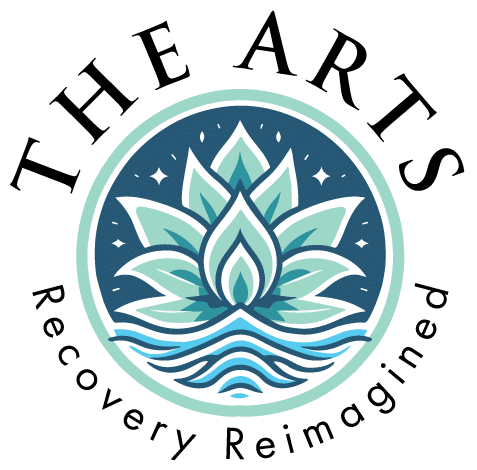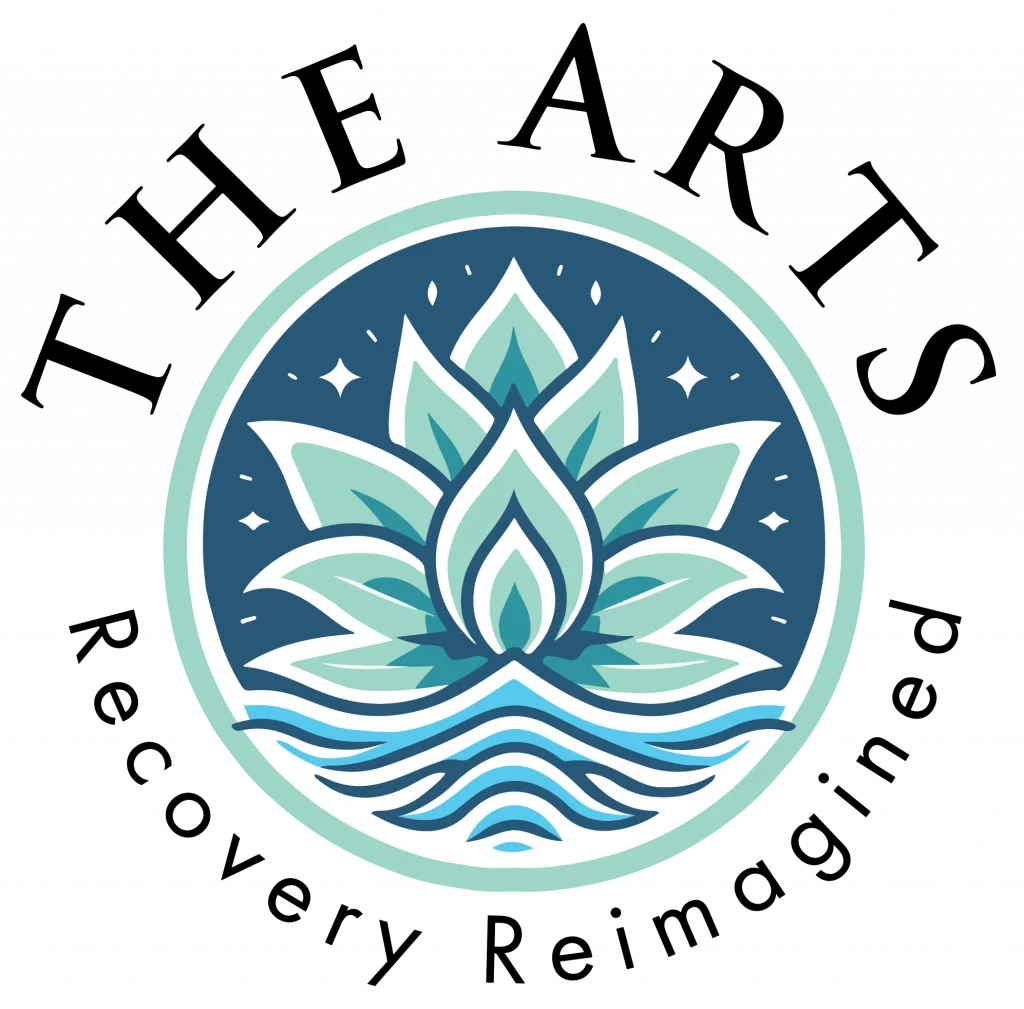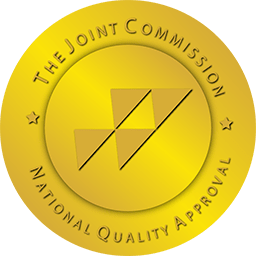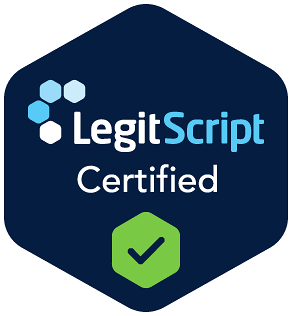Mental health conditions co-occurring alongside addiction pose a challenge in healthcare today. It is crucial to address both issues concurrently for lasting recovery and well-being.
The ARTS IOP is a drug rehab in Canoga Park that offers dual diagnosis programs. Our programs prioritize inclusivity and personalized care. Through multiple treatment strategies, The ARTS IOP showcases the power of holistic healing. Come along as we navigate the merging paths of mental health and addiction, uncovering various interventions and routes to recovery.
Understanding Co-Occurring Mental Health Disorders
Co-occurring conditions, also called dual-diagnosis or comorbidity, involve having both a mental health disorder and a substance use disorder at the same time. This combination presents distinct challenges, and identifying and treating symptoms of one condition can make those of the other worse or more challenging to detect. Research shows that 37.9 percent of those with a substance use disorder also had a mental health condition. These disorders may influence each other. One common dual diagnosis is depression and substance use disorder. Feelings of hopelessness from depression can influence individuals’ decision to use drugs or alcohol to cope with these feelings. Anxiety disorders like PTSD or OCD can sometimes go hand in hand with addiction, as individuals may seek relief from the distress of the anxiety by turning to substances.
Recognizing these connections is crucial for providing support and promoting recovery.
Challenges in Treatment
Dealing with co-occurring disorders poses challenges because of various factors that make it tricky to identify and manage mental health and substance use disorders. One major hurdle is accurately pinpointing these diagnoses due to symptoms that overlap, potentially causing misdiagnosis or delayed treatment. Additionally, the stigma surrounding mental health and addiction often discourages people from seeking help or acknowledging their struggles, making the situation even more complicated. Denial from the individual or sometimes even healthcare providers can impede intervention efforts.
When individuals don’t seek integrated treatment approaches that tackle both their mental health and substance use disorders together, they could face problems in their recovery. Addressing one aspect while ignoring the other could leave problems unresolved, leading to repeated cycles of addiction and worsening mental health symptoms. Personalized care plans tailored to each person’s needs and circumstances are essential. These plans should include a range of methods, including medication management and support services, to effectively address the complexities of co-occurring mental health disorders.
Dual Diagnosis Treatment Options
Dual-diagnosis treatment approaches encompass a spectrum of integrated models designed to address the complex interplay between mental health disorders and addiction.
Medication-assisted therapy (MAT), when combined with psychotherapy, offers a multifaceted approach by managing withdrawal symptoms and cravings while simultaneously addressing underlying psychological factors contributing to addiction.
Cognitive-behavioral therapy (CBT), tailored specifically for dual diagnosis, helps individuals identify and modify maladaptive thought patterns and behaviors associated with both mental health disorders and substance use.
Dialectical behavior therapy (DBT) is another effective modality, particularly beneficial for individuals struggling with emotion regulation difficulties commonly seen in dual-diagnosis disorders.
Holistic approaches, such as mindfulness practices and yoga, offer additional tools for managing stress, enhancing self-awareness, and promoting overall well-being.
Family therapy plays a crucial role in addressing underlying family dynamics that may contribute to or exacerbate both mental health and addiction issues.
Lastly, support groups and peer counseling provide ongoing encouragement, understanding, and accountability, which are essential for sustaining recovery beyond formal treatment programs.
The ARTS IOP Dual-Diagnosis Program
The ARTS IOP serves as a beacon of hope through its Los Angeles intensive outpatient program, which is specifically designed to meet the needs of individuals dealing with both mental health disorders and addiction. Emphasizing inclusivity and accessibility, The ARTS IOP welcomes various individuals seeking care. Our specialized programs for dual diagnosis prioritize an integrated approach to treatment, combining therapy, medication management, and support services to promote healing and recovery holistically. Acknowledging the challenges of co-occurring disorders, The ARTS IOP creates a nurturing environment where individuals can start their journey toward well-being with confidence and empowerment.
Addressing co-occurring mental health disorders for long-term recovery and overall well-being is crucial. By acknowledging and treating both health and addiction issues concurrently, individuals can start their healing journey effectively and with greater resilience. Seeking help and assistance is vital, as dealing with these challenges can be overwhelming. Integrated treatment methods offer a structure for managing the complexities of co-occurring mental health disorders, empowering individuals to take charge of their lives. Through our holistic approach, The ARTS IOP creates an environment where individuals can access the guidance and resources needed for a journey towards lasting wellness. Contact our San Fernando Valley treatment center today.
